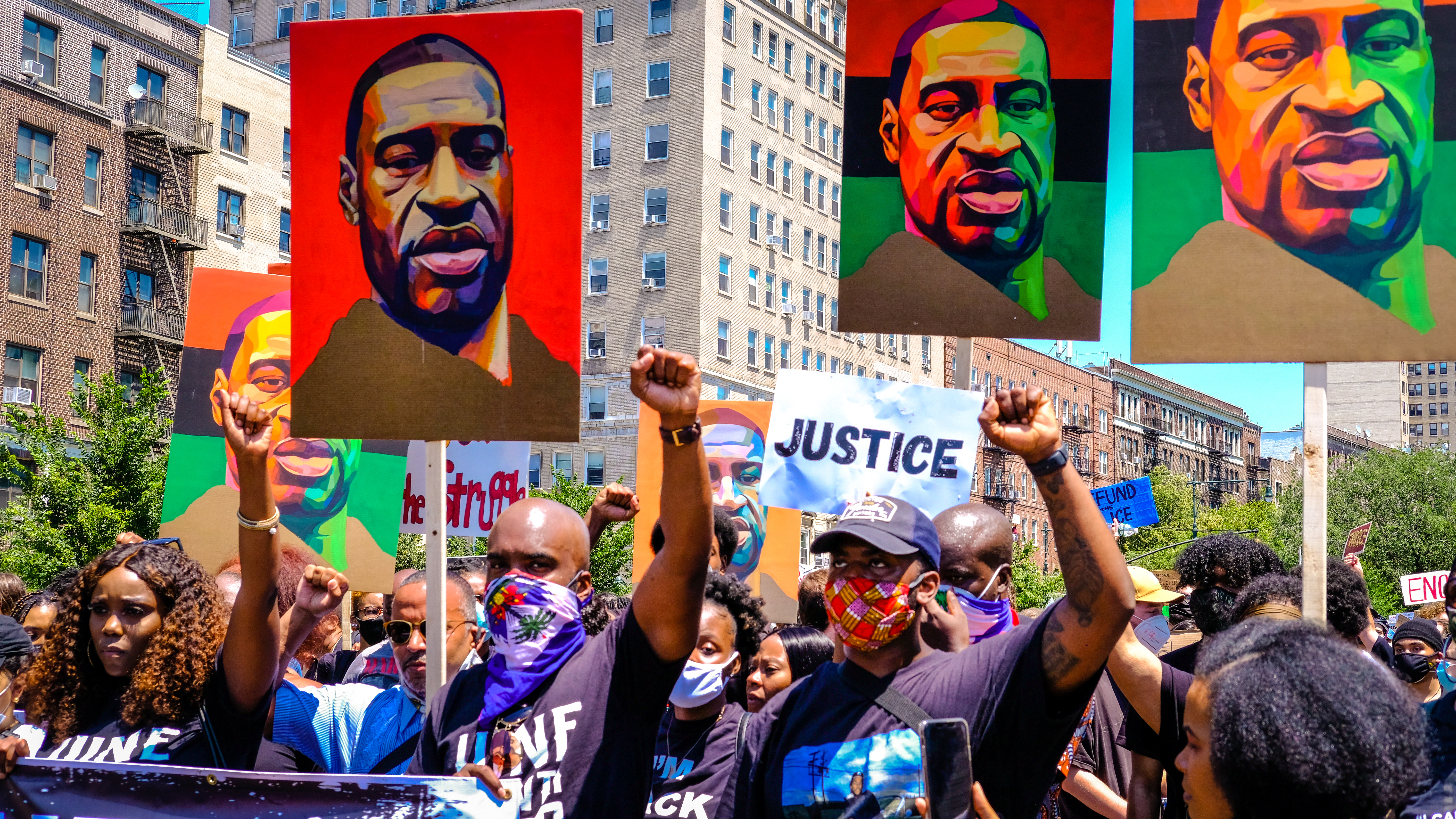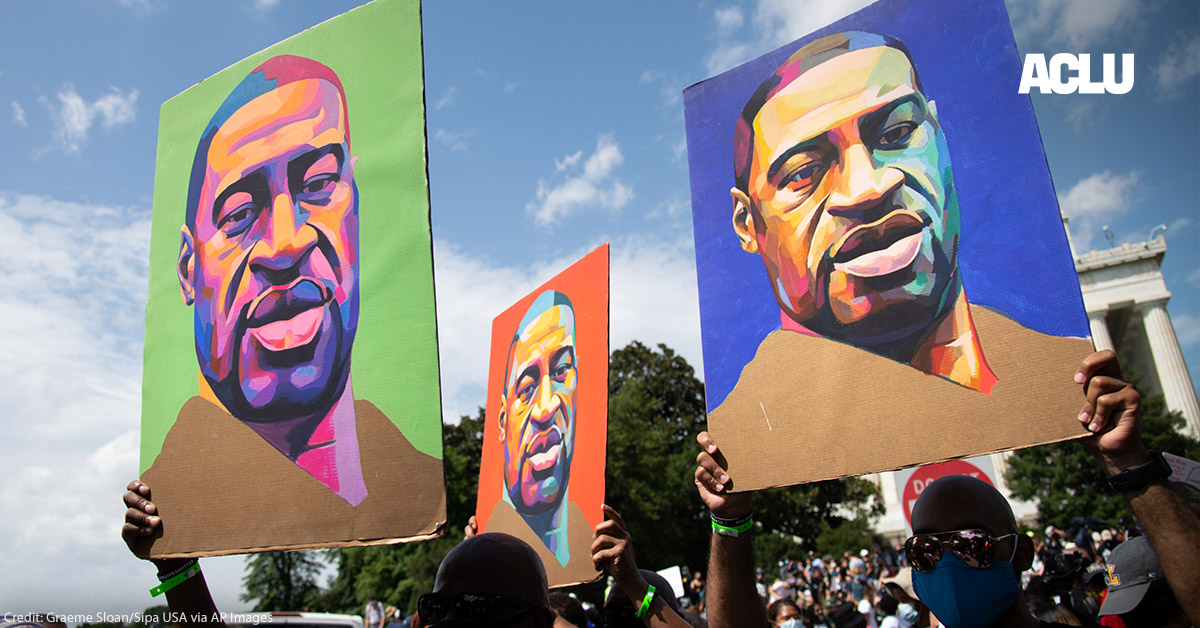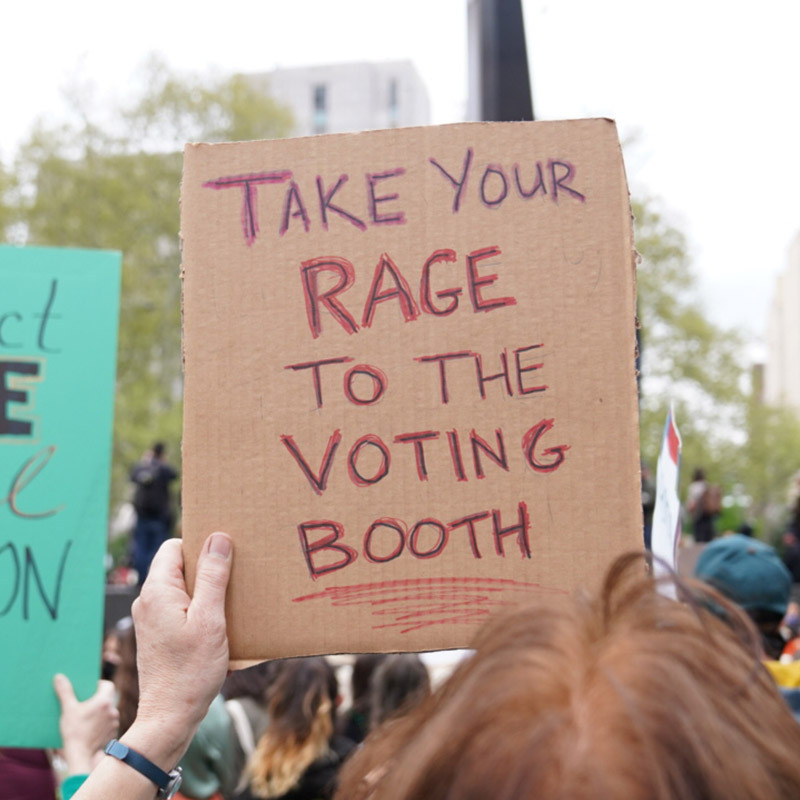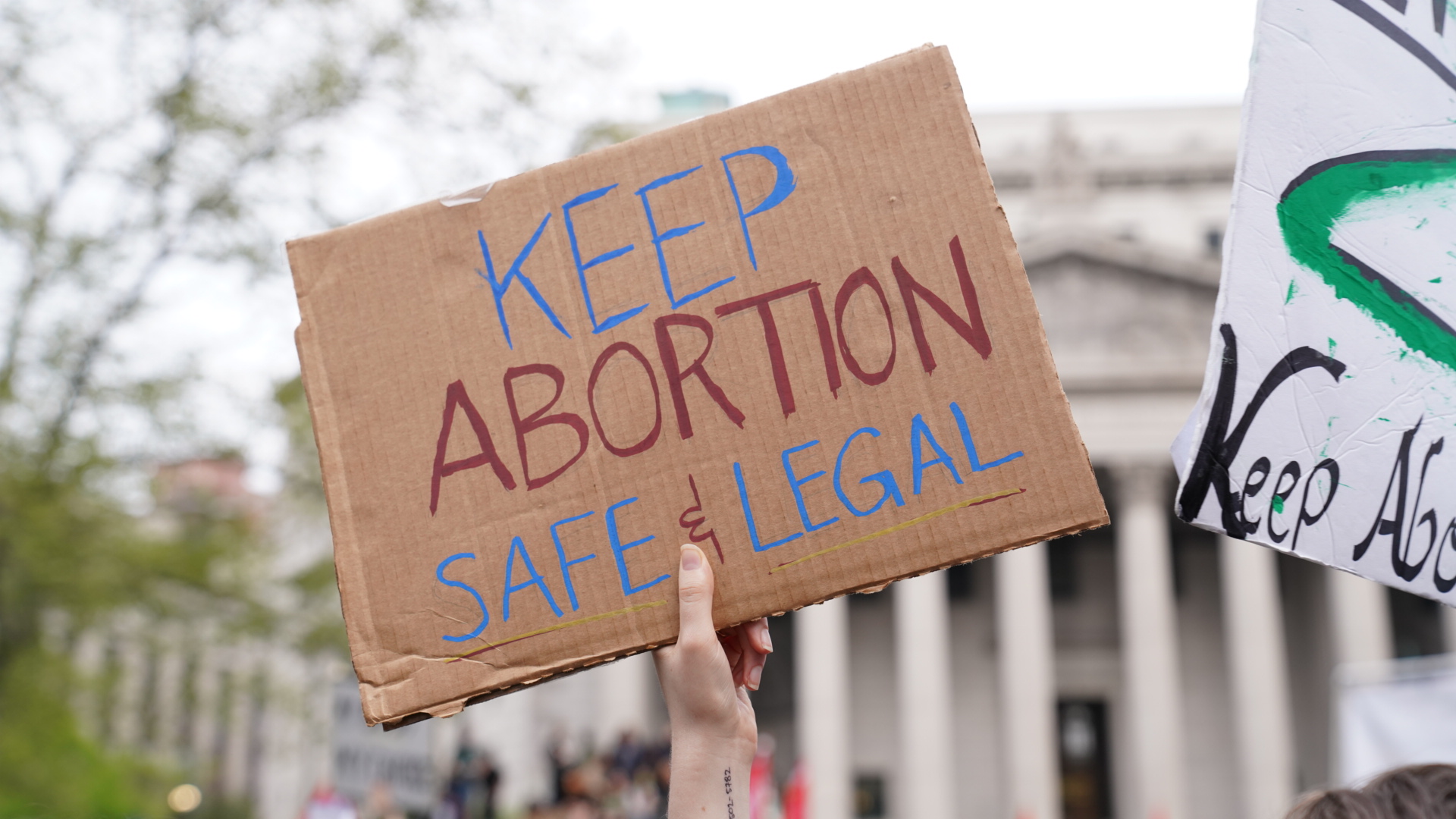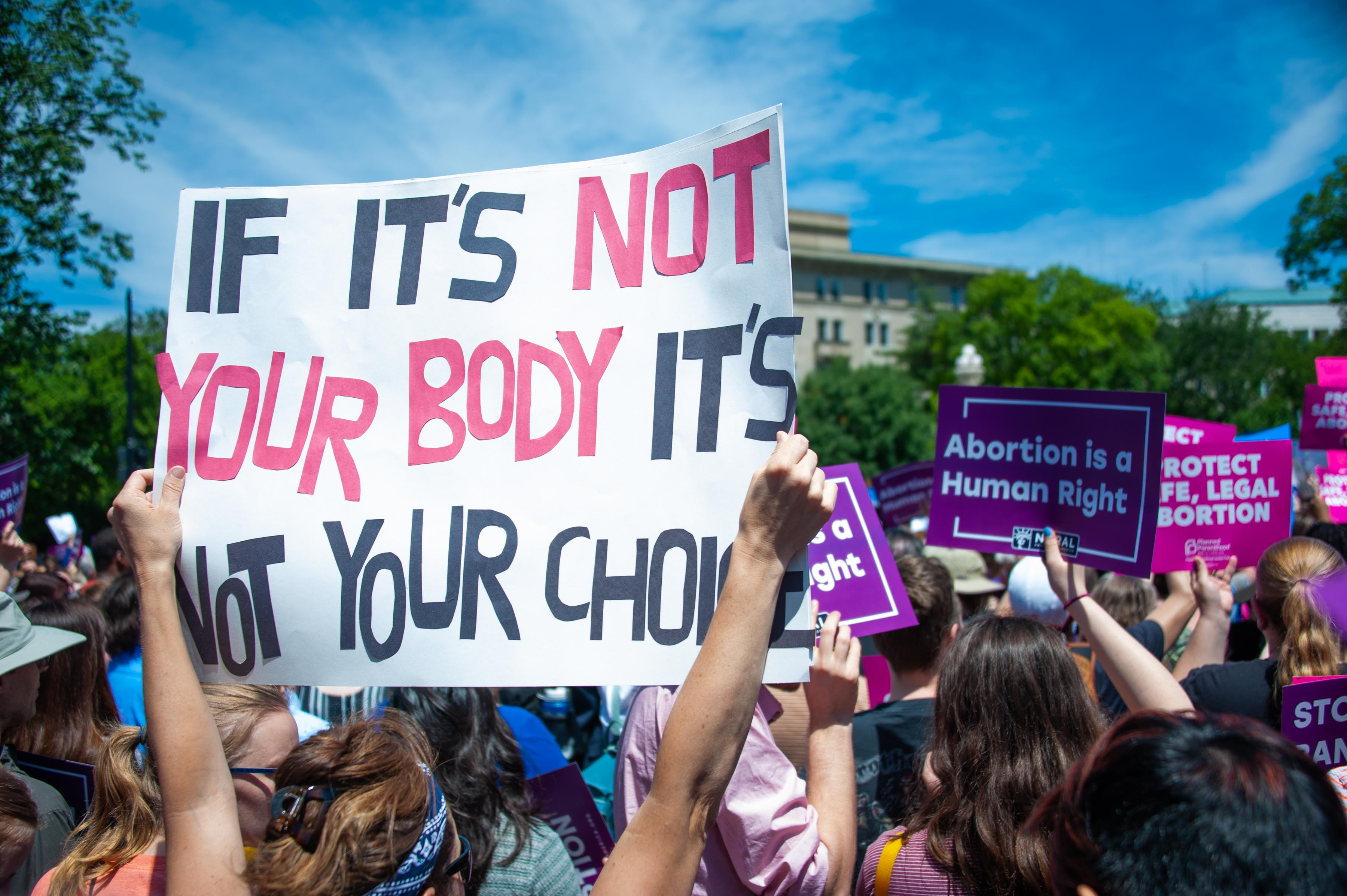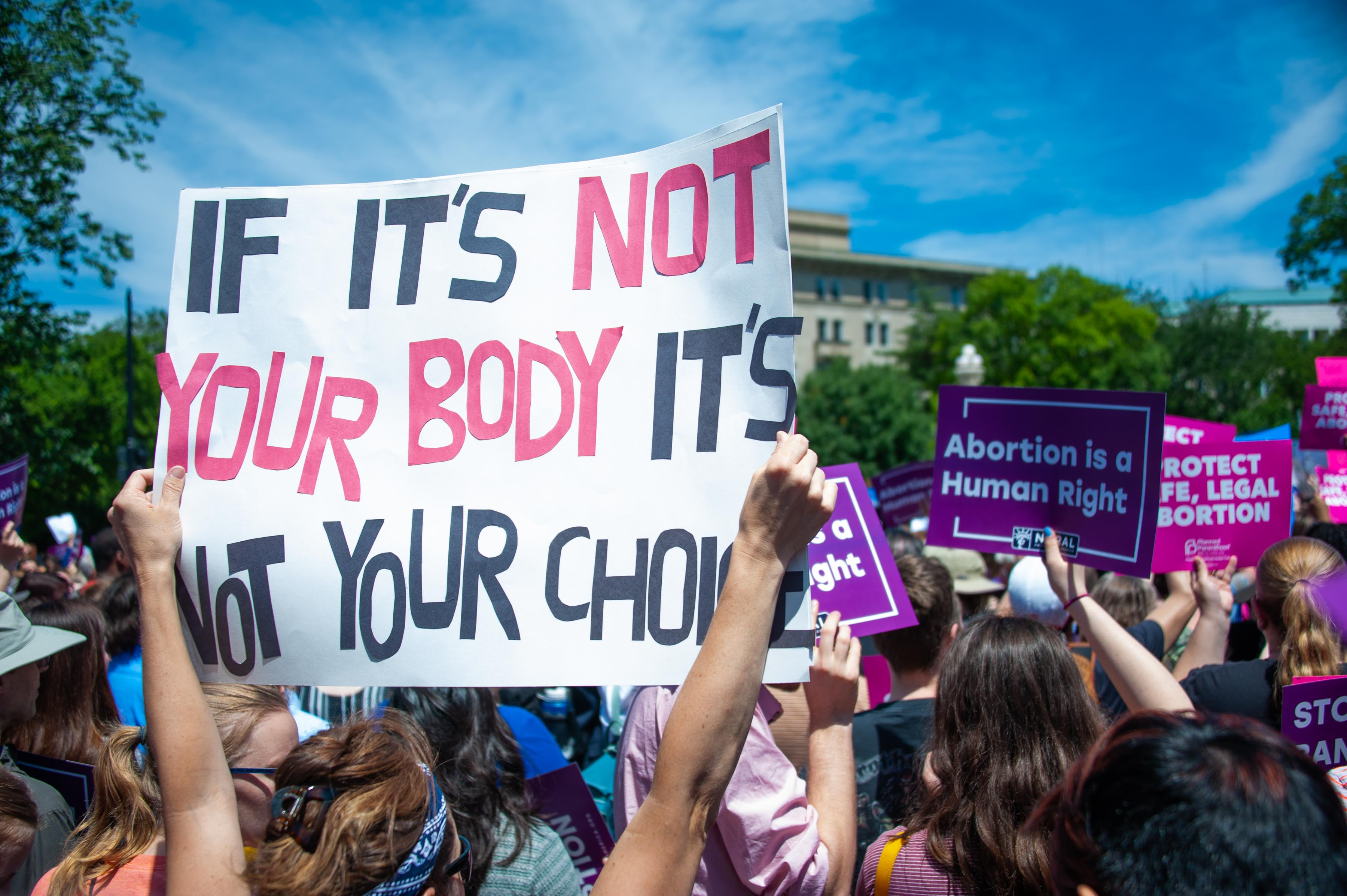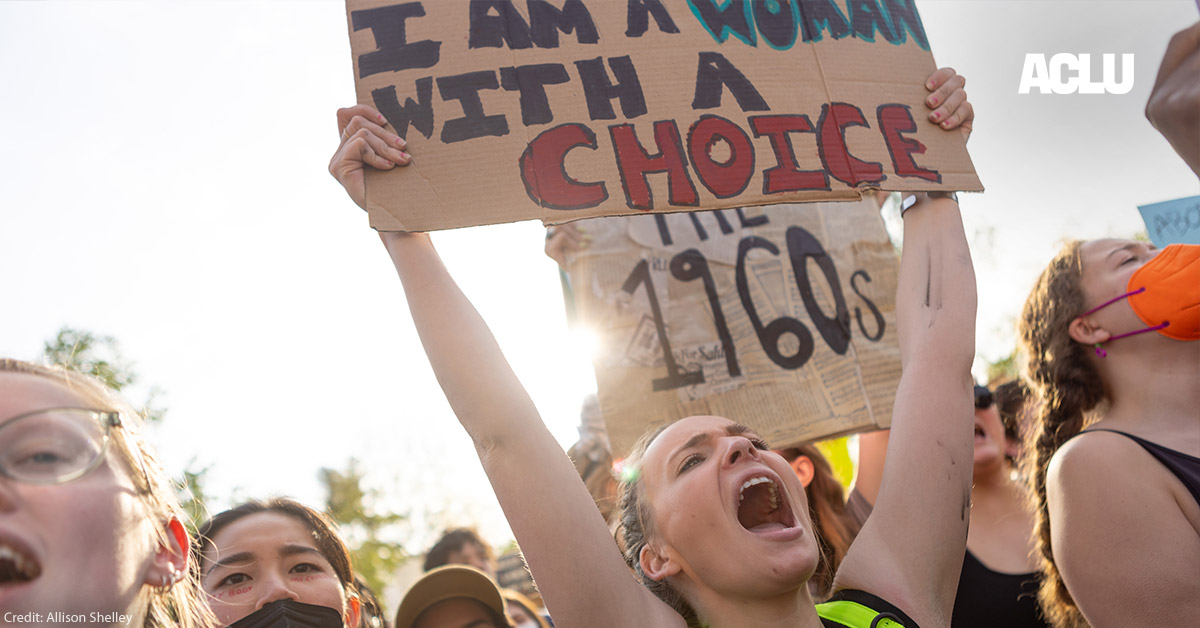This article was originally published by The ACLU.
Rachael Eisenberg, Senior Director, Criminal Justice Reform, Center for American Progress
Kate Kahan, Director of Federal Policy, Vera Institute of Justice
Nicole Lee Ndumele, Senior Vice President, Rights and Justice, Center for American Progress
Udi Ofer, Director, Justice Division, ACLU National Political and Advocacy Department
Last week, the Biden administration signed an executive order on police reform. The order comes two years after George Floyd was murdered at the hands of police in Minneapolis, which sparked nationwide protests against the violence inflicted on Black people by the police officers charged to serve and protect them. People took to the streets demanding action, not just to hold individual officers accountable, but also to challenge the systemic racism that has been ingrained into American policing since the country’s founding. Commemorating this grim moment in American history yet again serves as a critical reminder of all that still needs to change to do justice to George Floyd’s memory — and the memory of countless other Black people who have suffered from police violence outside of the national spotlight. People who have been killed by police officers while leaving a convenience store, sleeping in their bed, or being pulled over for a traffic stop.
https://twitter.com/POTUS/status/1529567016734150657
The executive order, “Advancing Effective, Accountable Policing, and Criminal Justice Practices to Enhance Public Trust and Public Safety,” represents the most substantial federal action on police reform since George Floyd’s murder and comes after the Senate failed to pass the more comprehensive George Floyd Justice and Policing Act in 2021. Yet, it does not go nearly far enough to save lives. Reforming the institution of policing and reimagining safety remains an urgent priority that will require brave and sustained commitment across all levels of government as well as collaboration with communities that have been most harmed by police violence.
Key reforms in President Biden’s executive order include:
- Improving data collection. All federal law enforcement agencies will contribute to a National Law Enforcement Accountability Database regarding instances of police misconduct as well as submit information to the FBI related to use-of-force incidents. The U.S. attorney general will review the status of and compliance with federal reporting requirements. This also includes the issuance of guidance to state, local, and tribal law enforcement agencies on best practices for contributing their data to federal systems.
- Revising use-of-force standards. All federal law enforcement agencies will revise their use-of-force policies to ensure they meet or exceed the standards included in the recently revised policy for the Department of Justice. The DOJ’s policy provides that use of force is permitted only when “no reasonably effective, safe, and feasible alternative appears to exist.” All federal law enforcement use-of-force policies will also include de-escalation provisions as well as an affirmative duty to intervene to stop excessive use of force and render medical aid.
- Limiting the use of no-knock entries. Building upon the U.S. Department of Justice’s September 2021 policy, all federal law enforcement agencies will be prohibited from the use of no-knock entries unless an agent has reasonable grounds to believe that knocking and announcing the agent’s presence would create an imminent threat of physical violence to the officer and/or another person.
- Limiting the militarization of law enforcement. Federal agencies are restricted from transferring or selling additional types of military equipment to state, local, and tribal law enforcement agencies, expanding the Obama-era restriction on this practice.
- Credentialing of police agencies. The attorney general will develop and implement a process by which state, local, and tribal law enforcement agencies will seek accreditation by an independent entity.
- Leveraging federal grants. Federal discretionary grants will be awarded to state, local, and tribal governments to encourage compliance with the executive order. This will include an assessment of what discretionary grants will be limited to the law enforcement agencies that achieve accreditation.
- Improving crisis response to include alternatives. Guidance will be issued and resources identified to support state, local, tribal, and territorial officials as they implement a range of alternative first-responder models to meet the needs of people experiencing a behavioral or mental health crises or persons who have disabilities. This includes civilian community responder models being developed in jurisdictions across the country that do not include the police as first-responders.
The executive order also contains important provisions that improve investigations into deaths in police custody; strengthen the effectiveness of pattern-of-practice investigations; ban chokeholds and carotid restraints except in certain circumstances where use of deadly force is authorized; enhance recruitment, training, and retention practices; ensure the use of body-worn cameras by federal law enforcement officers; and advance key criminal justice reform and reentry measures.
The administration should also continue to push for stricter use of force standards at all levels of policing, making it clear that deadly force in particular should only be used as a last resort and once all other options are exhausted, and fully use its grant-making authority to influence state, local, and tribal law enforcement agencies to align their policies with federal standards. It should also close the remaining loopholes in the transfer and sale of military equipment to local police. Finally, this order will only be as strong as its implementation. The administration must ensure proper protocols and training to implement this order broadly and to help change the culture of policing today.
State, local, and tribal police departments should expand upon the executive order, which only governs federal officers. The vast majority of peoples’ interaction with police are with state, local, and tribal law enforcement. Since George Floyd’s murder and the protest movement that followed, many jurisdictions have begun taking a range of official actions to improve policing in their communities. States and localities should continue to grow these important efforts in ways that produce meaningful accountability for law enforcement and respond to public calls for reform by passing comprehensive statewide legislation; enhancing data collection and reporting; and directly changing harmful and racially disparate policies, including by creating community-centered safety and investing in prevention.
Congress must also do its part by passing comprehensive police reform legislation that creates meaningful accountability and restores trust between police and the communities they serve by eliminating qualified immunity and strengthening civil rights protections. This includes legislative reforms to the federal statute, Section 242, which defines the circumstance when a government official can be criminally responsible for violating someone’s civil rights. Section 242 does not specifically define prohibited conduct and has historically been interpreted too narrowly, failing to hold police officers accountable for a wide range of misconduct.
https://action.aclu.org/petition/divest-police-invest-black-and-brown-communities
Legislative action is also needed to eliminate the judicial doctrine of qualified immunity that drastically reduces the legal liability of police officers. Qualified immunity limits the circumstances in which an individual can sue a police officer for violating their civil rights only to situations where the behavior violates “clearly established law.” This strict legal standard curtails accountability in policing to such a degree that officers face few repercussions — even when their conduct violates the Constitution. While it is broadly recognized within the police reform movement that changes to the doctrine of qualified immunity and Section 242 are needed, Congress will need to pass legislation for these changes to become law.
No more lives should be lost to police violence. Elected officials must be responsive to public demands for reforms to the institution of policing that create a meaningful standard of accountability; erode systemic racism in the criminal legal system; and improve relationships between police and the communities they serve. Moreover, we must continue to reimagine public safety by creating alternatives that are community-centered and also focus on prevention.
Date
Wednesday, June 1, 2022 - 3:00pmFeatured image
